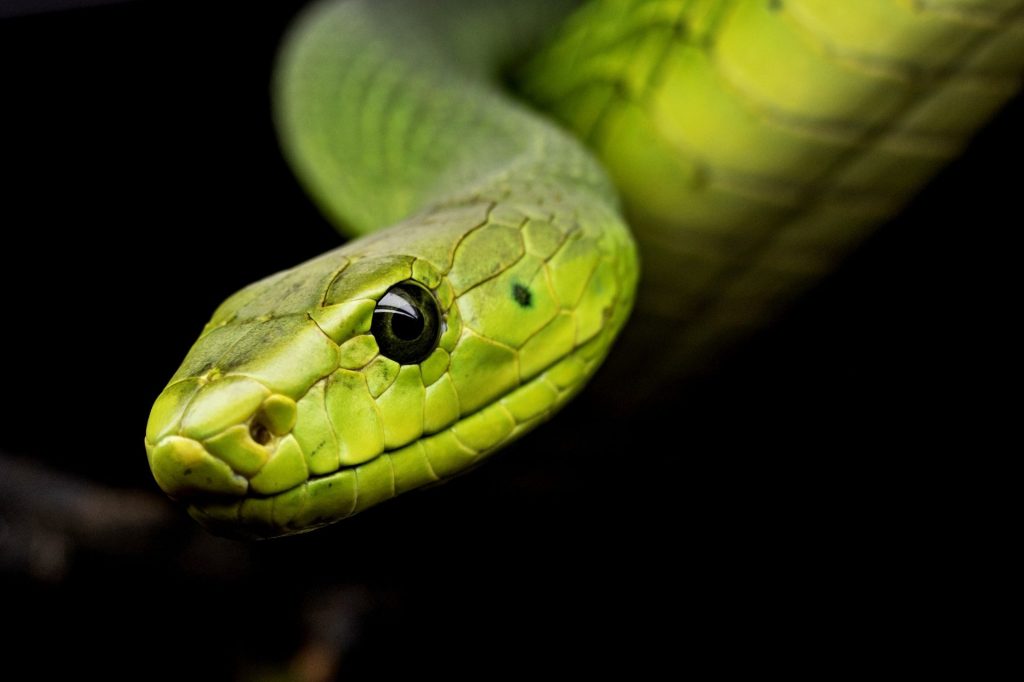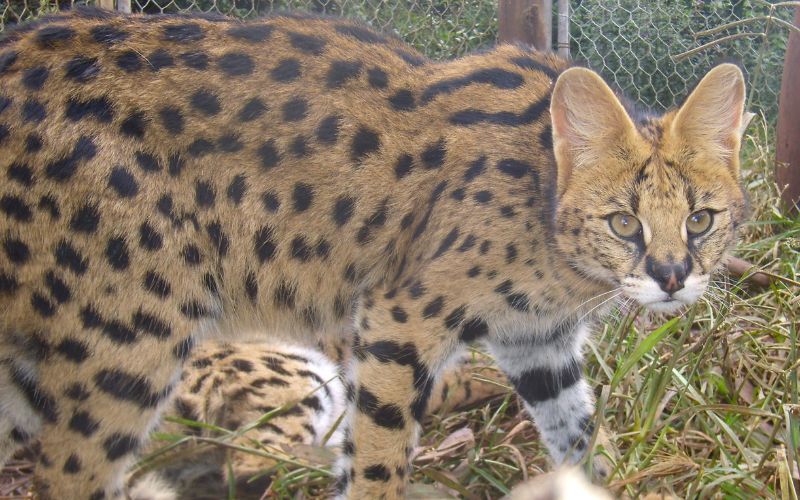Thousands of animals classified as dangerous under UK law are being kept as domestic pets, new charity research has revealed.
More than 200 wild cats, 250 primates and 400 venomous snakes are currently licensed for private ownership in the UK.
New research from international animal welfare charity Born Free has revealed close to 3,000 dangerous animals are kept across the country.
In Greater London alone, local authorities confirmed licences were issued for the legal ownership of 24 dangerous pets.
In Richmond borough, two licences were issued for the domestic ownership of savannah cats, with one licence also issued for a savannah cat in Kensington & Chelsea.
Redbridge Council reported one dangerous animal licence for a serval, a species of wild cat native to Africa, while Croydon’s local authority issued the highest number of licences across London at 20, all related to venomous snakes.

Under the Dangerous Wild Animals Act 1976, it is legal to keep these animals as domestic pets, providing the correct licensing has been acquired.
However, the charity behind the research into the UK’s dangerous pet population has said keeping such species in a domestic setting presents serious ethical and safety concerns.
Born Free’s captivity research officer Chris Lewis said: “The main criteria for getting a licence for these animals is that the person has to demonstrate that they are kept in a way in which they don’t pose a risk to the public.”
He explained this approach does not consider safety risks to the pet owner or other people living in the household, or potential threats to native wildlife if the dangerous pet were to escape.
Dangerous pets are just one subset of the broader category of exotic pets, meaning there are many unusual animals currently kept as pets in the UK that do not require an official licence.
Lewis explained: “The only ones which are banned would be ones which are classified as invasive and then there’s the Dangerous Dogs Act, which bans certain breeds of dog.
“Every other animal is pretty much legal to be kept as long as you have the appropriate paperwork or license.”
According to data from the RSPCA, 1.8 million reptiles, amphibians and invertebrates, and 1.3 million birds are thought to be kept as exotic pets in UK households.
In 2022, the RSPCA received 4,645 reports of incidents relating to exotic pets alone.
Discussing the research published by Born Free, RSPCA senior scientific officer Evie Button noted: “While we have these figures for dangerous animals, there’s potentially a lot more animals that aren’t on that list.
“A reticulated python that grows to 15 feet long doesn’t have to be registered anywhere.”
On Tuesday, in a move to tighten regulations surrounding exotic pets, the Government passed new legislation relating to the private ownership of primates.
Set to be introduced in 2026, new regulations will mean certain standards, similar to those required in zoos, must be met to keep monkeys as domestic pets.
The Conservative Party had previously pledged an outright ban on keeping primates as pets in their 2019 manifesto.
The RSPCA has called for a ban on the keeping and sale of pet primates as their specialised needs are practically impossible to meet in a home environment.
Speaking on the new law, Button said: “It is being described, sometimes, as a ban, but it isn’t.
“It basically just means that people need to meet certain standards, hopefully very high standards, but still if you meet those standards, you will be able to get a license from your local authority to continue keeping primates as a pet.”
Featured image credit: Born Free





